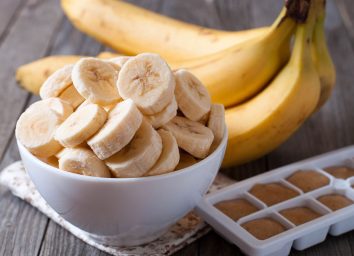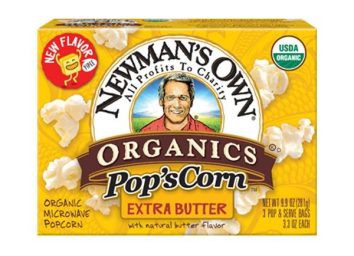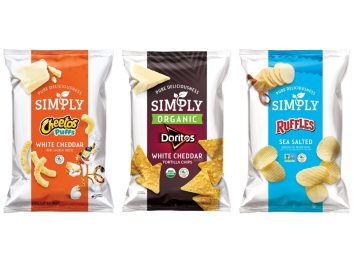The Foods With the Least Pesticides
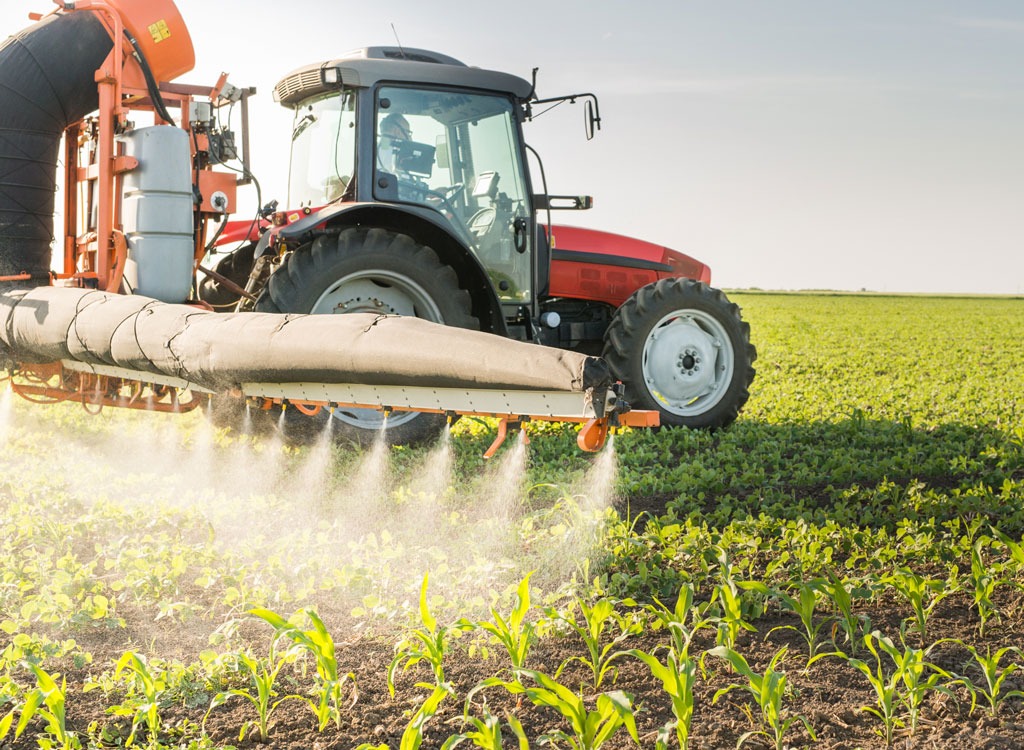
The Environmental Working Group (EWG), a nonprofit activist group dedicated to public health, releases its annual Shopper's Guide to Pesticides in Produce, and this year's results are in! After analyzing USDA test data on more than 40,900 samples of 47 different types of produce, the EWG released the Shopper's Guide to Pesticides in Produce. The guide includes both the Dirty Dozen list of produce with the most pesticides, as well as the Clean Fifteen, a list of the fruits and vegetables with the lowest amount of residues.
While the EWG urges consumers to buy organic versions of the fruits and veggies on the Dirty Dozen list to limit exposure to potentially toxic pesticides, it is much safer to purchase conventionally-grown produce that's on the Clean Fifteen list. More than 70 percent of fruit and vegetable samples on the Clean Fifteen list had zero pesticide residues, and only six percent of Clean Fifteen fruit and vegetable samples had two or more pesticides. Because residues from multiple pesticides are extremely rare on Clean Fifteen vegetables, it's a safe bet to save the cash and forgo buying them organic. Find out which healthy eats crack the Clean Fifteen here.
Avocados
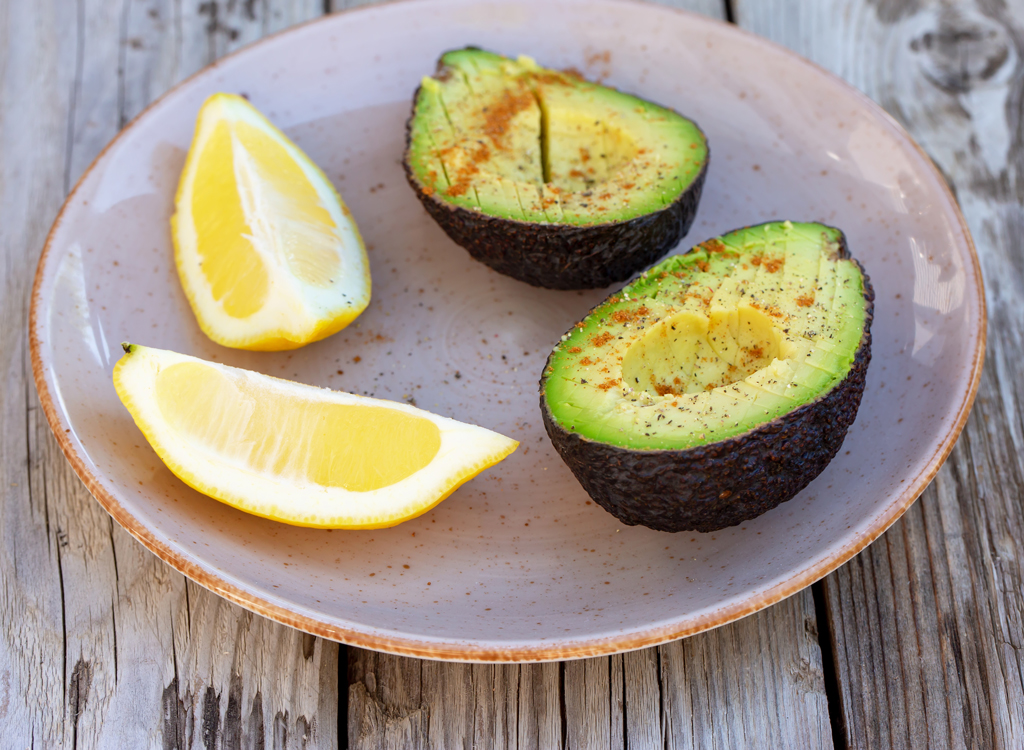
Thankfully enough, our favorite toast topper is the cleanest fruit in the supermarket. Less than one percent of avocado samples showed any detectable pesticides.
Sweet Corn
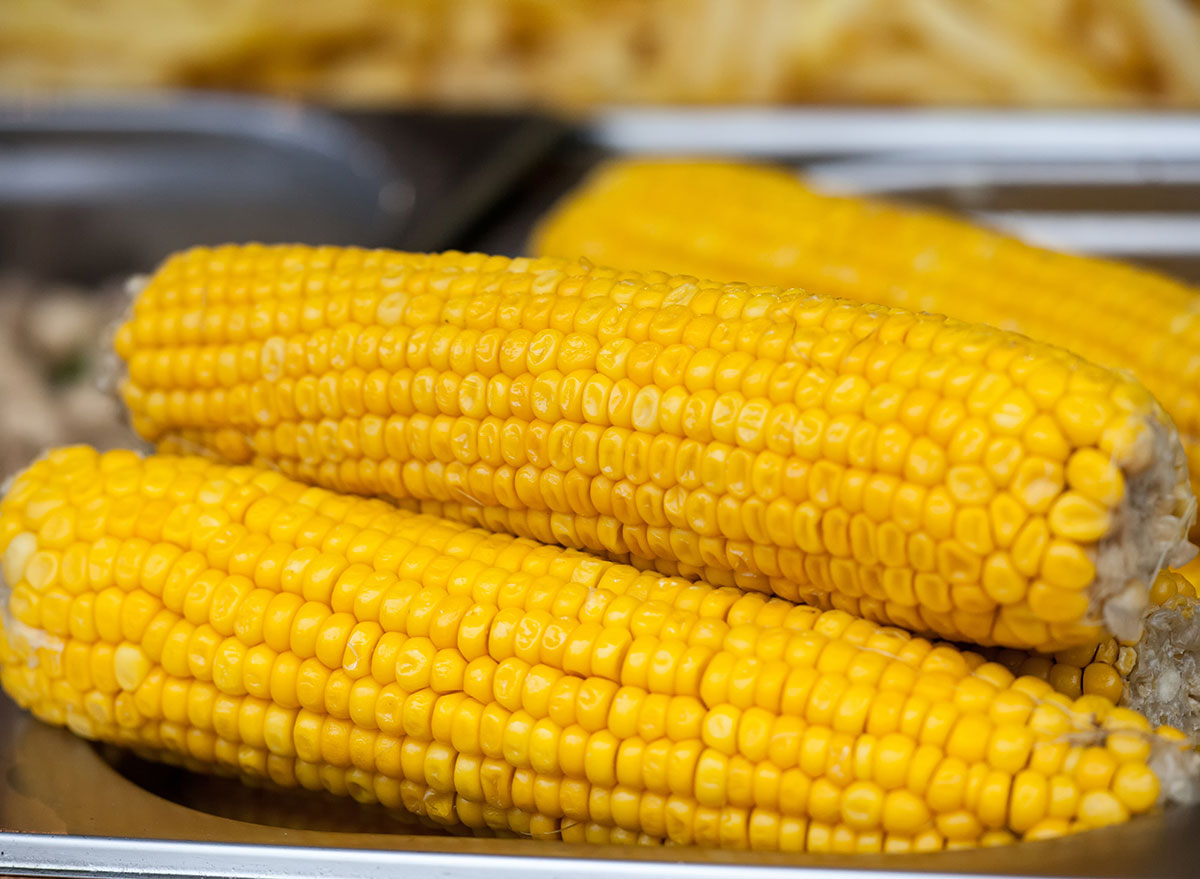
Just like avocados, less than one percent of samples of this fiber-rich salad staple tested positive for pesticides.
Pineapples
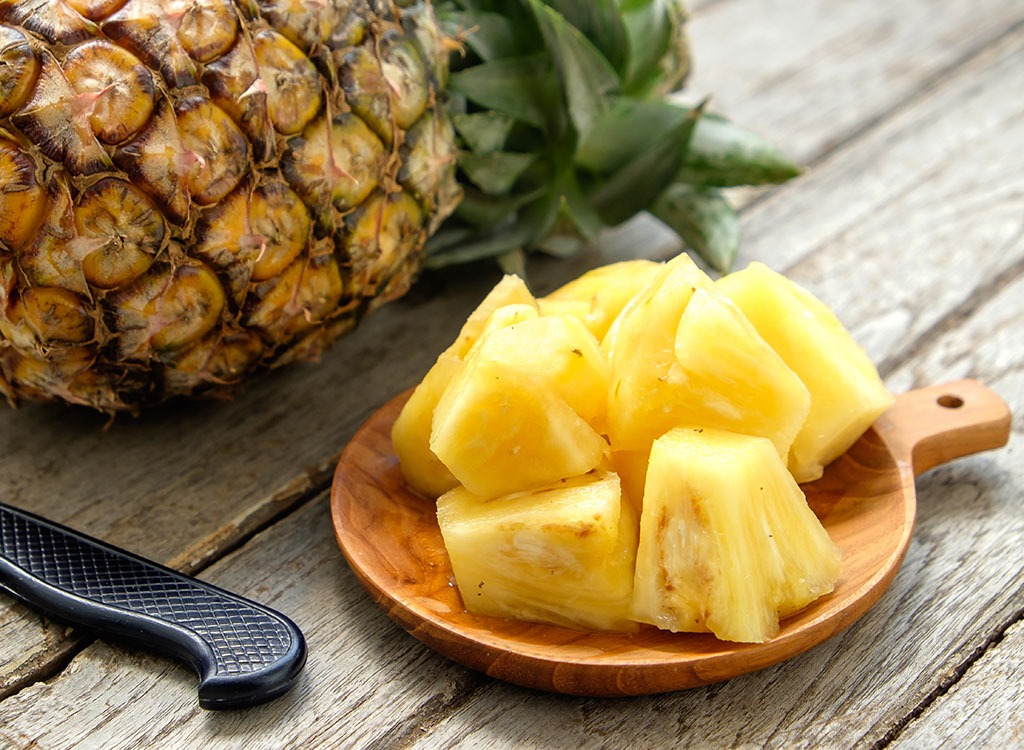
Good news: you don't have to splurge on organic pineapples to reap their collagen-boosting and digestion-aiding benefits.
Frozen Sweet Peas
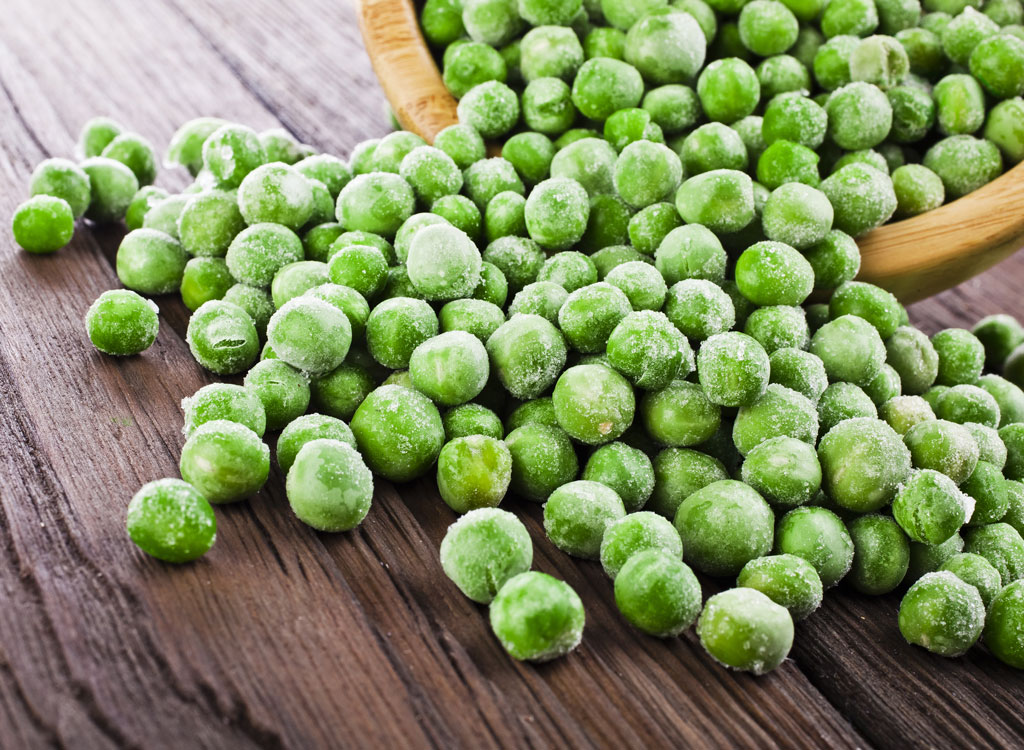
Frozen sweet peas cracked the top five thanks to their squeaky-clean test results. Wondering about fresh sweet peas? "Based on our assessment, most frozen produce will have comparable levels of pesticide residues as fresh produce of the same type," Carla Burns, a research analyst at EWG and co-author of the Shopper's Guide to Pesticides in Produce, tells us.
Onions
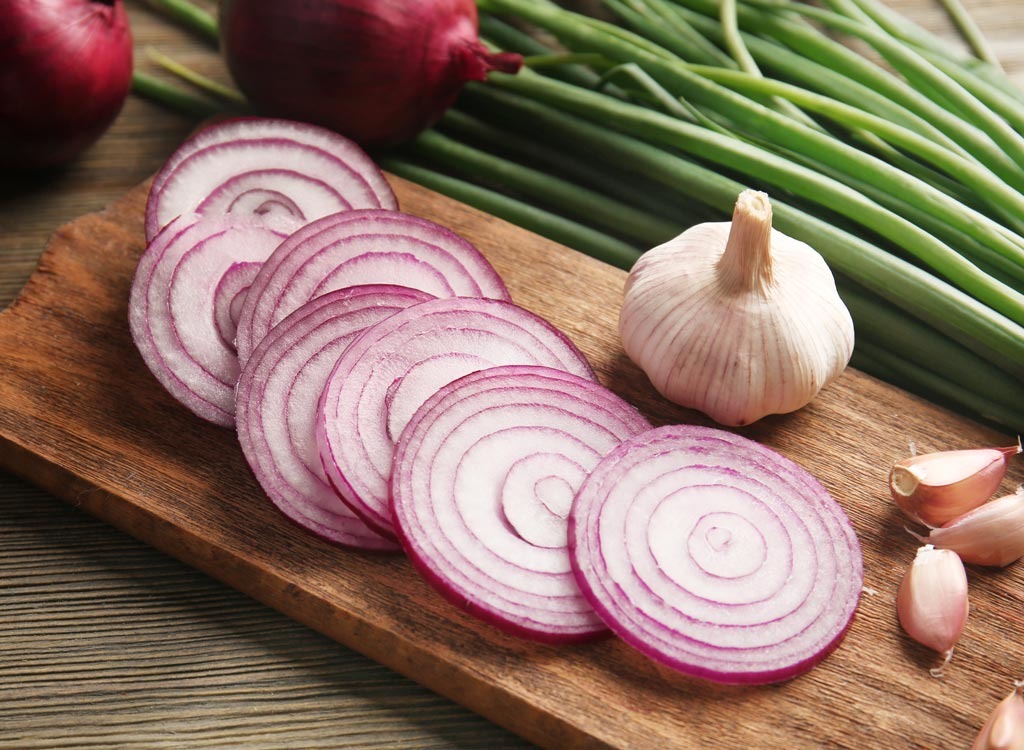
Whether you're tossing them into a stir-fry or using the allium to flavor soup, rest assured that buying non-organic onions isn't wreaking havoc on your health.
Papayas

While papayas cracked the Clean Fifteen, the EWG states that a small number of papayas sold in the U.S. is produced from genetically-modified seeds, so it's advised to buy organic if you're avoiding GMOs.
Eggplants
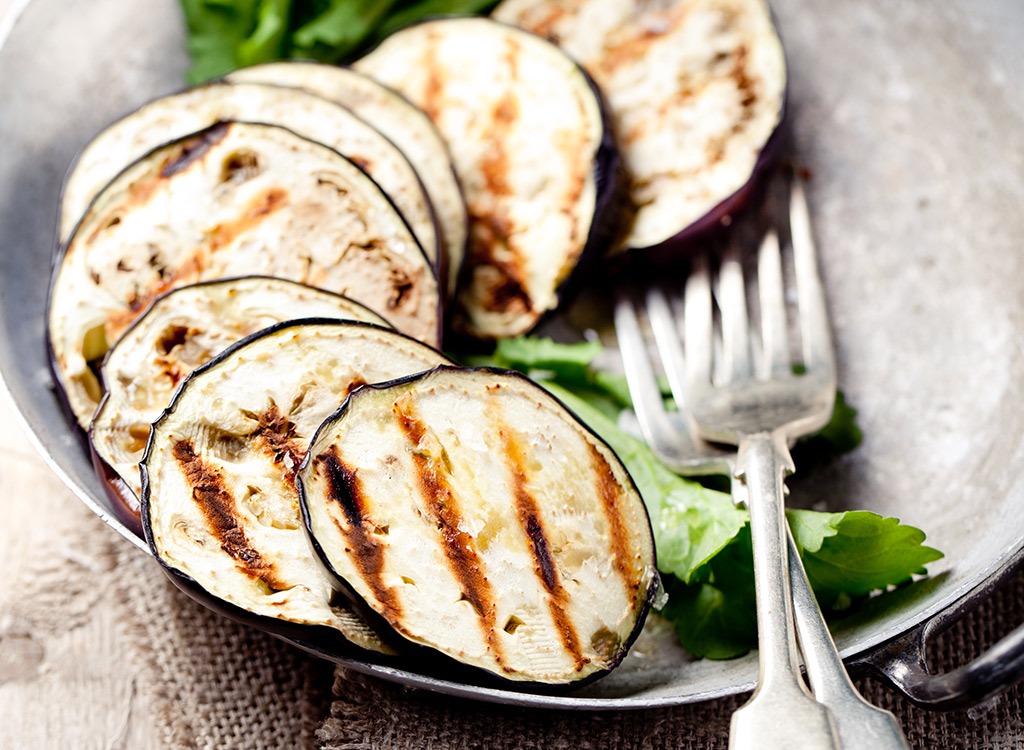
This nightshade veggie is chock-full of vitamins and phytonutrients, and it's safe enough to eat non-organic.
Asparagus
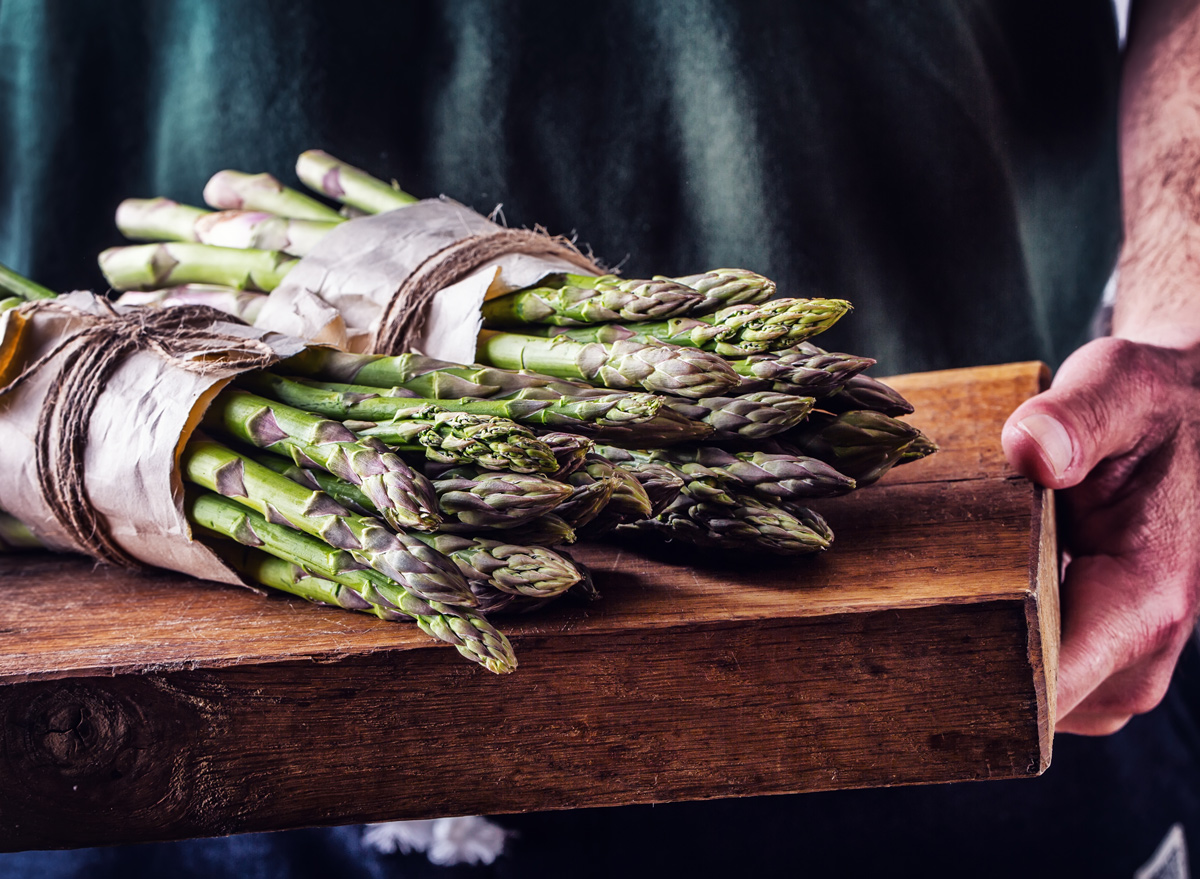
Cook the green spears in heart-healthy olive oil to reap their fat-soluble vitamins.
Kiwis
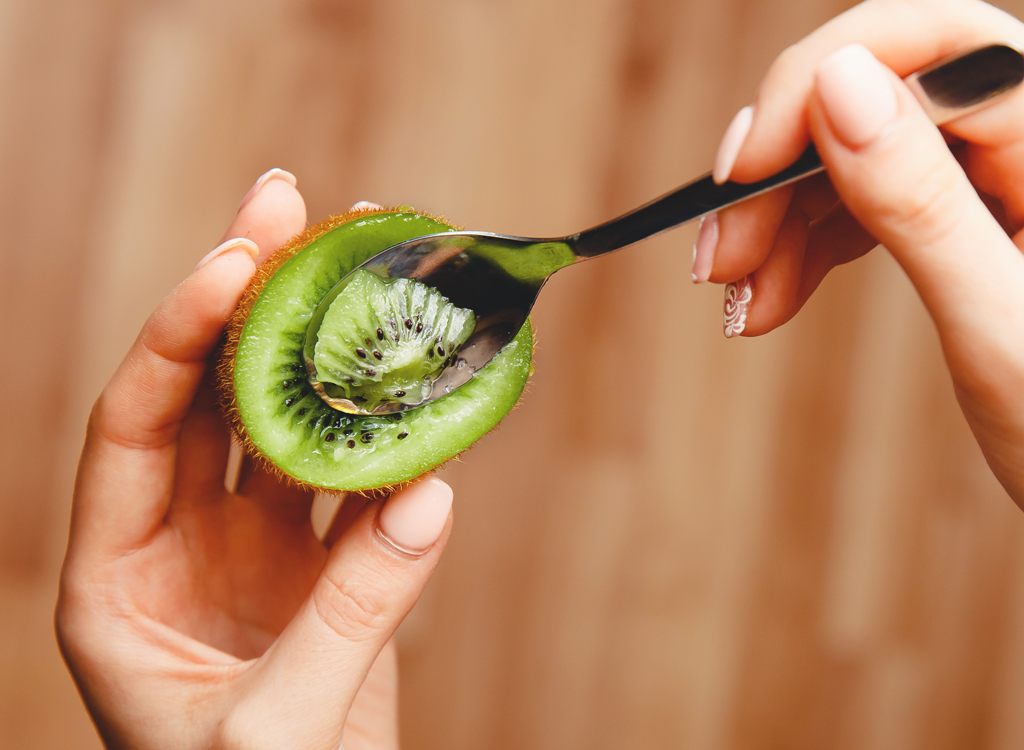
No need to buy organic kiwis, as the conventionally-grown fruit landed a spot on the Clean Fifteen.
Cabbage
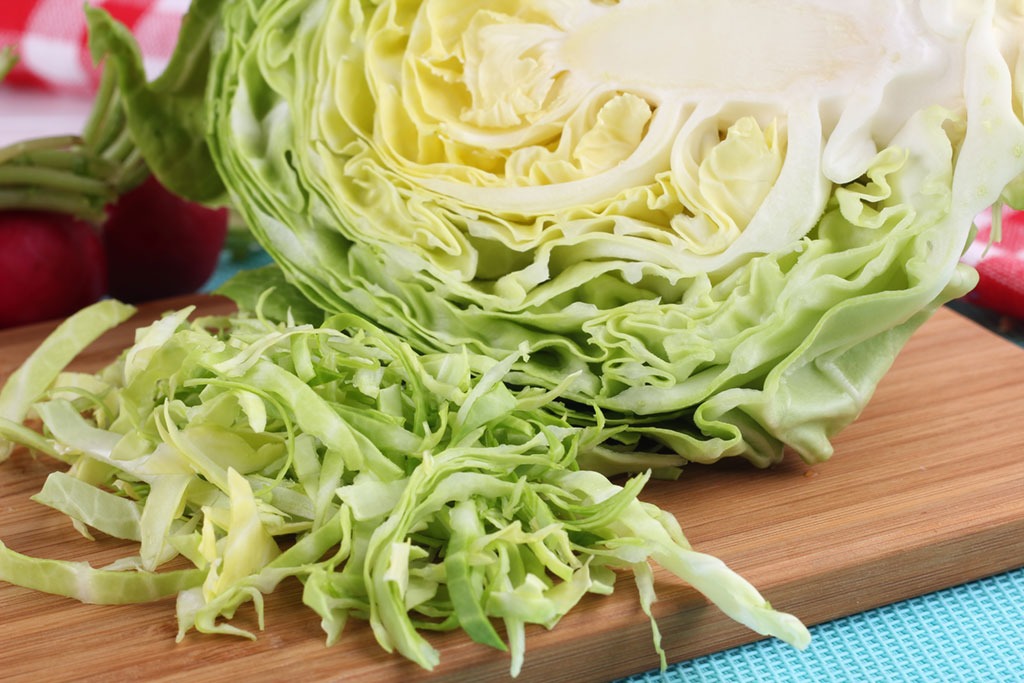
Cabbage is a prime source of vitamin K, vitamin C, and vitamin B6.
Cauliflower
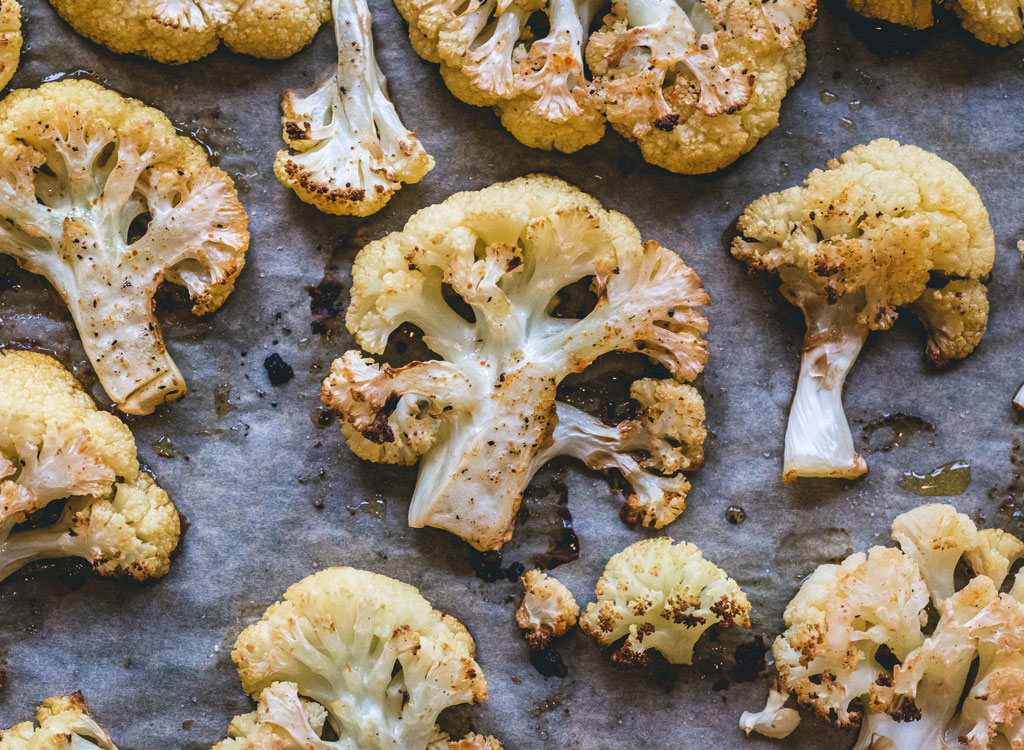
From pizza crusts to sandwich thins, cauliflower is making a cameo in lieu of grains pretty frequently these days. Luckily enough, the EWG deems the cruciferous veggie clean enough not to buy organic.
Cantaloupes

The fruit salad staple is one of the produce picks with the least amount of pesticides.
Broccoli
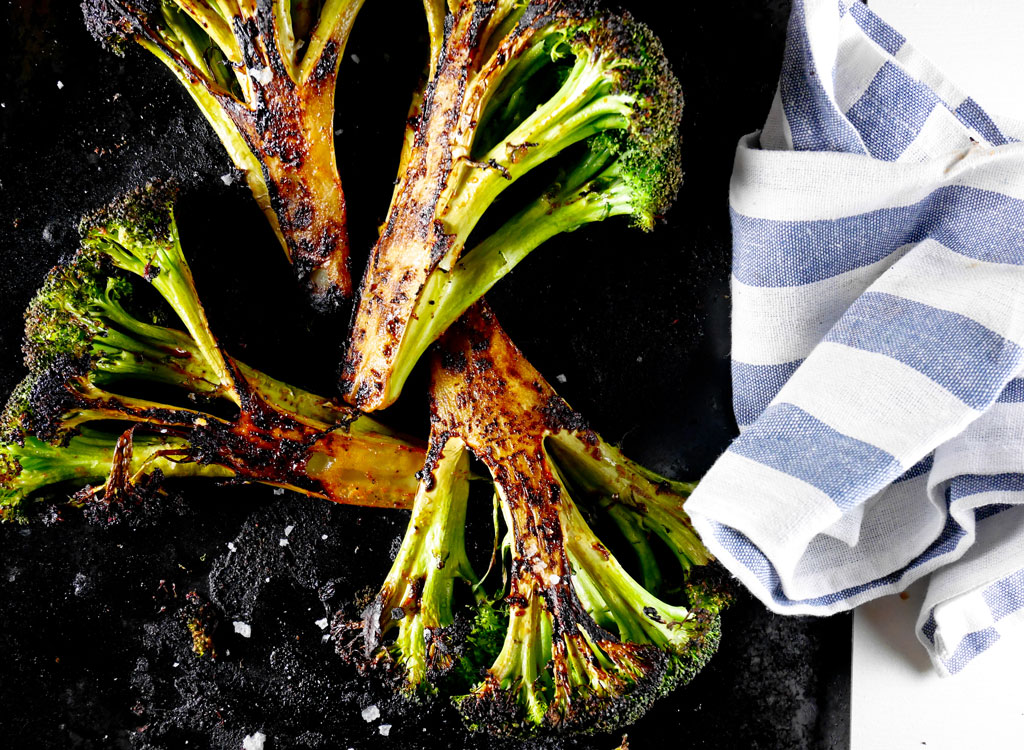
Brimming with fiber, vitamin C, and folate, rest assured that the mini trees aren't pesticide-laden.
Mushrooms
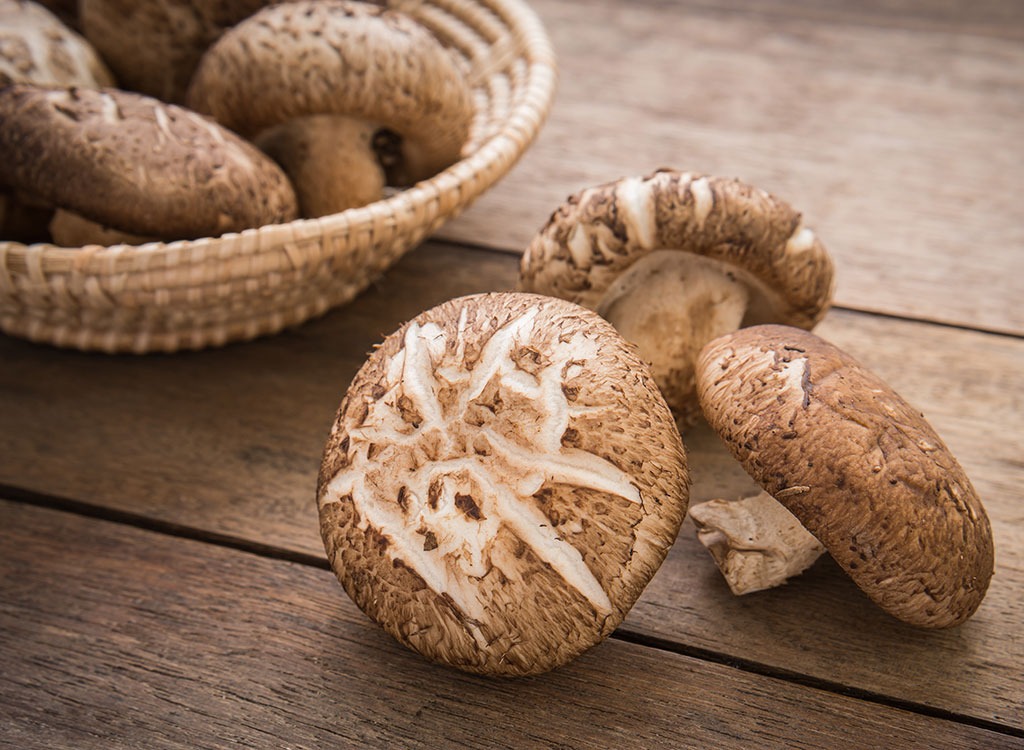
Don't fret if you can't find organic versions of the immune-boosting fungi in your local grocery store. Conventionally-grown mushrooms will do the trick.
Honeydew Melons
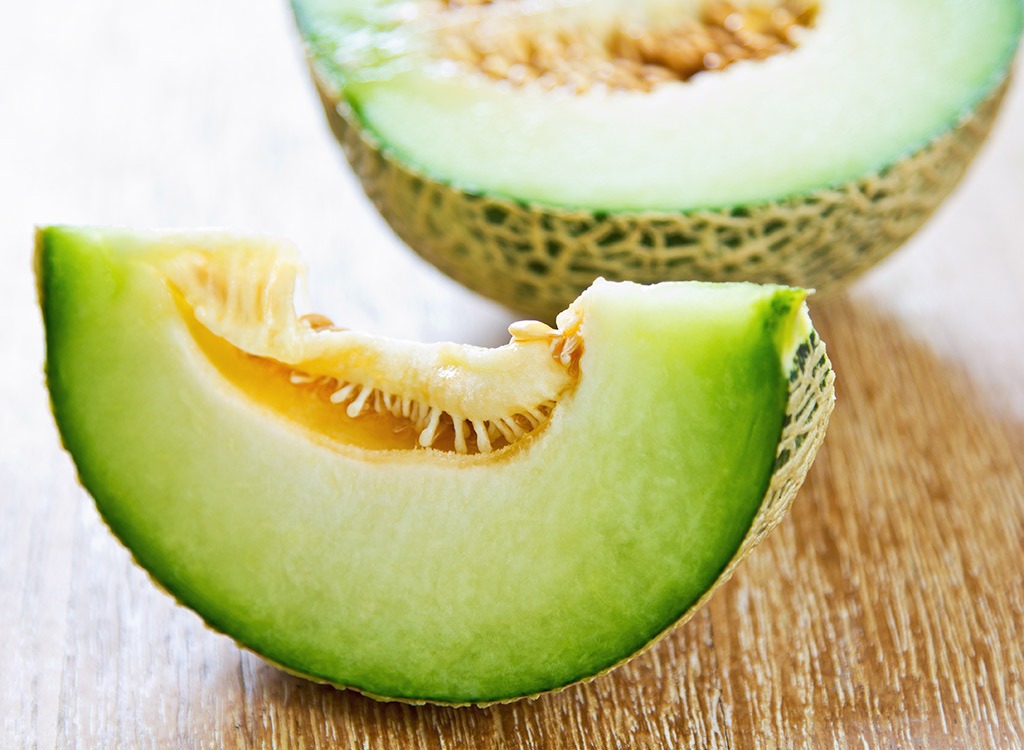
Sweet, refreshing honeydews round out the Clean Fifteen list.

